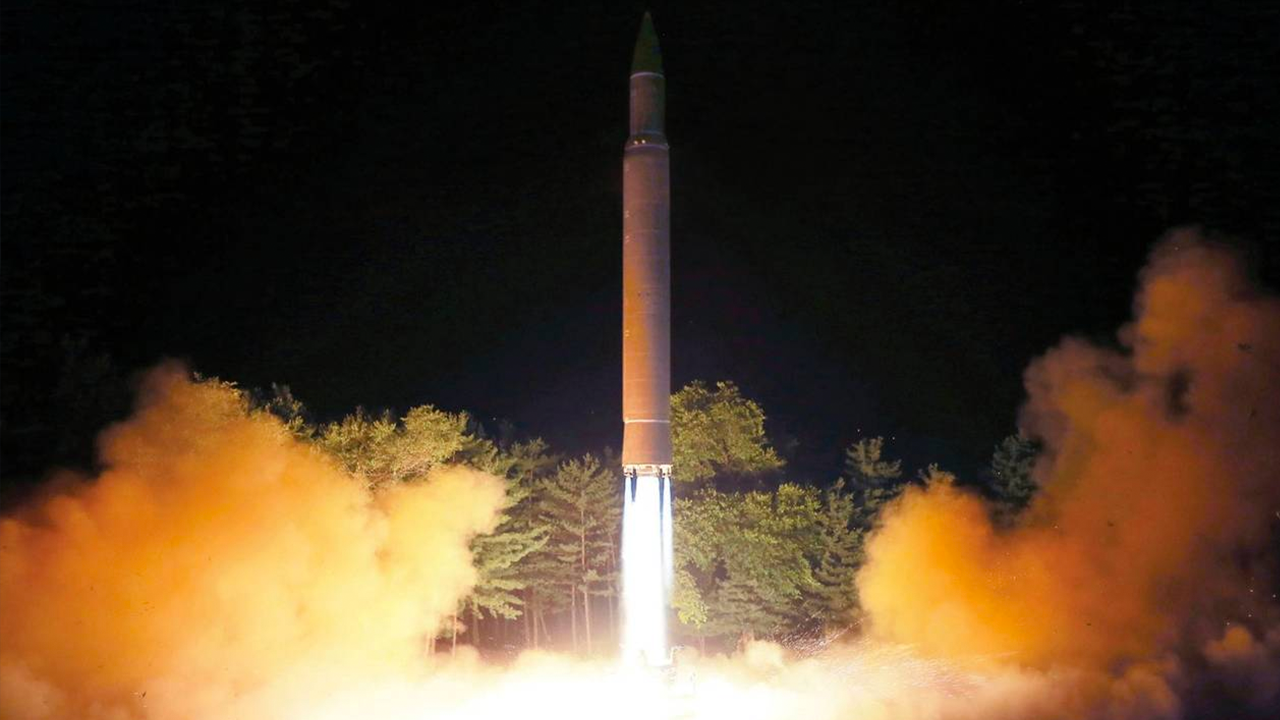Some sort of strike is likely unavoidable unless China agrees to regime change in Pyongyang

This article appeared in The Wall Street Journal on August 3, 2017. Click here to view the original article.
By John Bolton
August 3, 2017
North Korea test-launched on Friday its first ballistic missile potentially capable of hitting America’s East Coast. It thereby proved the failure of 25 years of U.S. nonproliferation policy. A single-minded rogue state can pocket diplomatic concessions and withstand sustained economic sanctions to build deliverable nuclear weapons. It is past time for Washington to bury this ineffective “carrots and sticks” approach.
America’s policy makers, especially those who still support the 2015 Iran nuclear deal, should take careful note. If Tehran’s long collusion with Pyongyang on ballistic missiles is even partly mirrored in the nuclear field, the Iranian threat is nearly as imminent as North Korea’s. Whatever the extent of their collaboration thus far, Iran could undoubtedly use its now-unfrozen assets and cash from oil-investment deals to buy nuclear hardware from North Korea, one of the world’s poorest nations.
One lesson from Pyongyang’s steady nuclear ascent is to avoid making the same mistake with other proliferators, who are carefully studying its successes. Statecraft should mean grasping the implications of incipient threats and resolving them before they become manifest. With North Korea and Iran, the U.S. has effectively done the opposite. Proliferators happily exploit America’s weakness and its short attention span. They exploit negotiations to gain the most precious asset: time to resolve the complex scientific and technological hurdles to making deliverable nuclear weapons.
Now that North Korea possesses them, the U.S. has few realistic options. More talks and sanctions will fail as they have for 25 years. I have argued previously that the only durable diplomatic solution is to persuade China that reunifying the two Koreas is in its national interest as well as America’s, thus ending the nuclear threat by ending the bizarre North Korean regime. Although the negotiations would be arduous and should have commenced years ago, American determination could still yield results.
Absent a successful diplomatic play, what’s left is unpalatable military options. But many say, even while admitting America’s vulnerability to North Korean missiles, that using force to neutralize the threat would be too dangerous. The only option, this argument goes, is to accept a nuclear North Korea and attempt to contain and deter it.